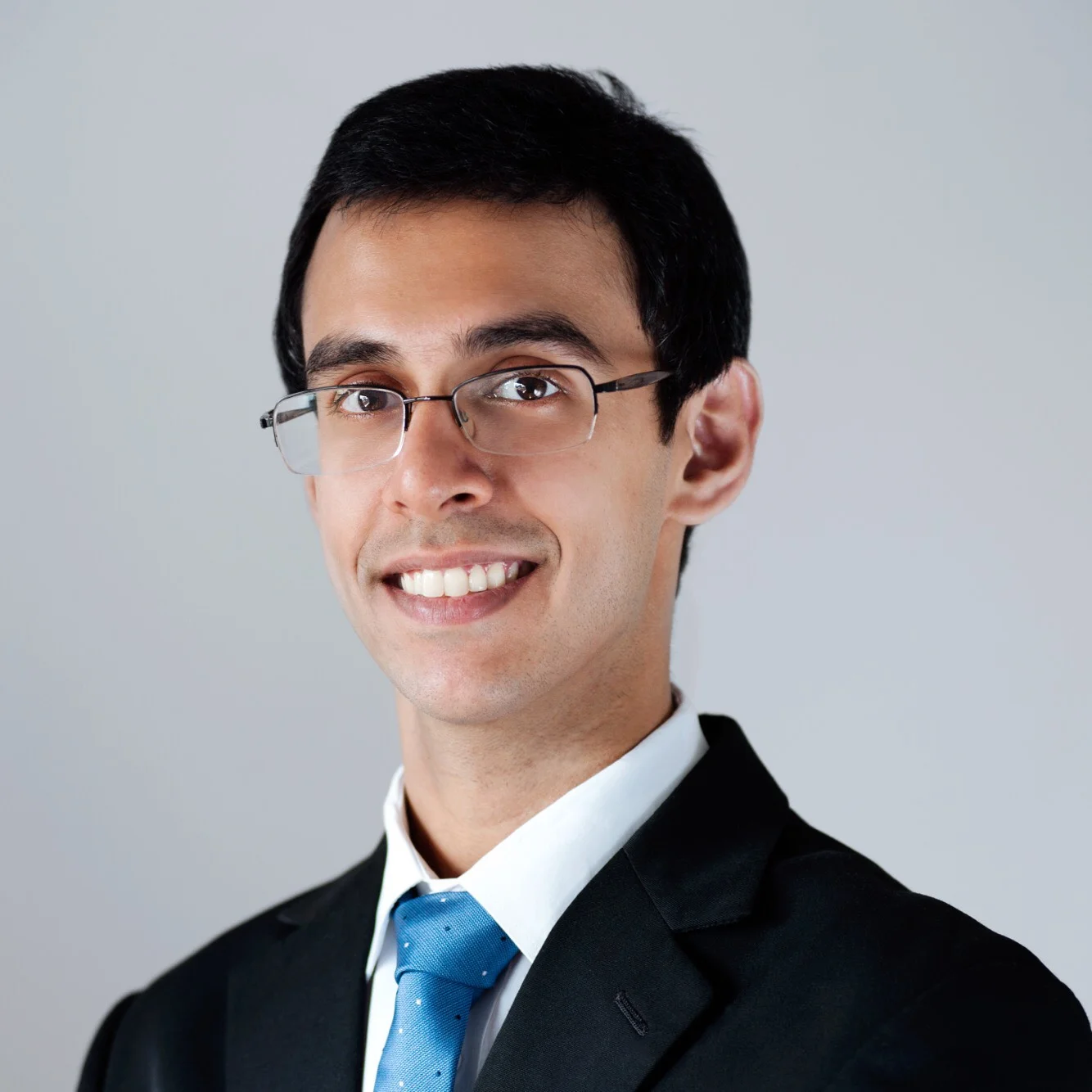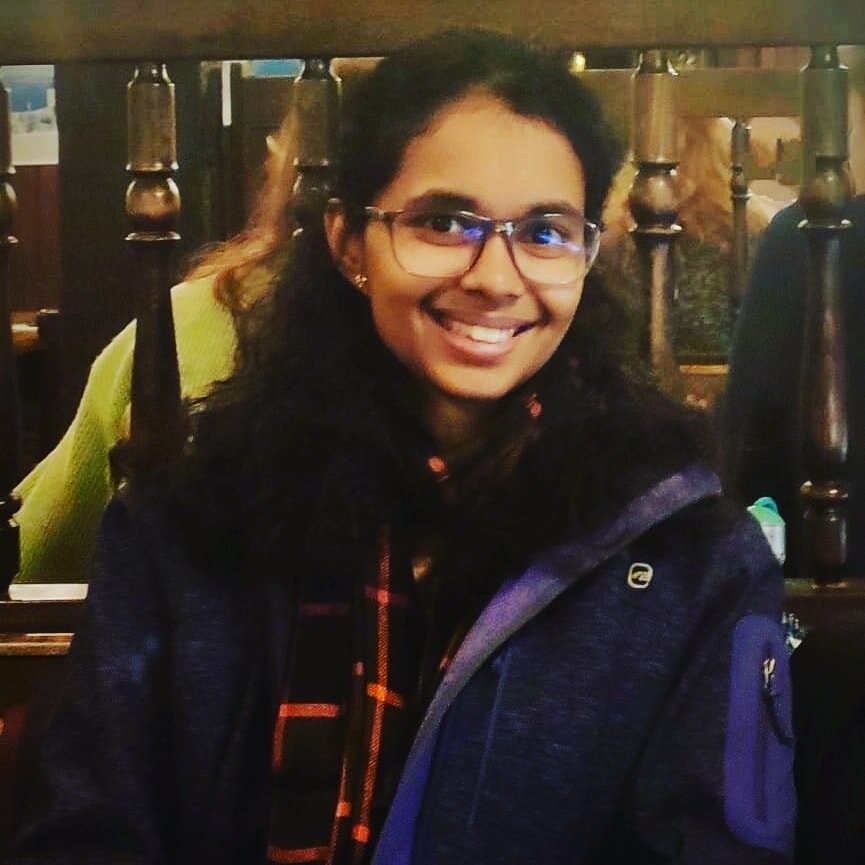Scholar Update: Savita Vijaykumar
Savita Vijaykumar was a Inlaks Ravi Sankaran Scholar. She is a political ecologist with a passion for the ocean and coasts. For the last several years, she has worked with a cross-section of governing bodies, institutions and local communities to facilitate dialogue for informed decision-making in islands of the Indian Ocean. Her areas of interests are social justice and conservation in small scale fisheries; socio-ecological systems framework, legal pluralism and place-based learning pedagogies. She has completed her MPhil in Conservation Leadership from the University of Cambridge. Policy analysis towards building a culture of questioning in how communities interact with ‘place’ and the state forms the core of her practice.
In this week’s post she speaks about her ardour for the environment which lead her to cofound Earth Colab, an organisation whose mission is to cultivate a sense of biophilia and a consciousness that renders positive actions between people and place.
Earth CoLab was born out of my colleagues’ and my passion for the ocean and coast, our diverse ways of viewing this system as a complex socio-ecological landscape led to the formation of a collective enterprise which builds on each individual’s talents and vision. We are four individuals from very different academic backgrounds and professional experiences, from marine biology, zoology, political ecology, music, photography and filmmaking. Earth CoLab is an attempt to raise a platform and creative common ground to work on our common interests in learning methodologies, pedagogical research and the visual arts.
We currently have three units, the first is World As A Classroom, we design transformative learning expeditions typically with high school teachers and university professors to map curricular objectives to a particular place. This site specific pedagogy is called ‘Place Based Learning’ and brings in various academic experts and local indigenous knowledges to curate itineraries. The second unit is Infectious Knowledge is about academic science communication, here we work with academics to communicate their work through non academic formats like short videos, film, photo stories, graphics. Practice of Perspective are a series art-science field based residencies that bring together practitioners to make investigations in various field sites.
The idea originated in 2015 and went through many iterations before we registered it as an Limited Liability Partnership. The first push came from a project we co-developed called Swamp Storytelling with an art organisation in Sweden. The project manifests at the cusp of land and water. It investigates the wetlands of Sweden and India, which are culturally perceived to be wastelands, grounds of mythical creatures in folklore and places of decay. Moving between the border of science and art, the project aimed to bring deeper insight into contemporary art production, socio-political thought processes and scientific method. The four year project has seen 9 art and science practitioner exchanges in both countries.
Currently, our field sites are situated in the Indian Ocean region – from Maldives, both coasts of India, the Andamans and Thailand. Our flagship project, “Vessel for Inquiry” is with Diva Andaman in Thailand. She is a 35 meter two mast traditional wooden schooner. Her tremendous potential for being a floating laboratory and mobile classroom has inspired us to create learning and research expeditions. Our most recent sailing has been in the Phang Nga National Park, a shallow water bay dotted with iconic limestone karsts which became the setting for students of Human Geography and Creative Writing from the University of Wollongong. From geology to geography, literature to marine biology and sociology this two week expedition seamlessly wove together the two otherwise separated and specialised disciplines.
We see Earth CoLab as more than just an environment or nature related enterprise, in our practice we constantly find ourselves at the intersection of so many forms of knowledge from both academic as well as oral and indigenous traditions. As a result, our projects never fall into any single category as our aim has been to engage people in this practice of “systems thinking” in their interaction with nature and its reflection on society. In the words of Buckminister Fuller, “We are in an age that assumes the narrowing trends of specialization to be logical, natural, and desirable. Consequently, society expects all earnestly responsible communication to be crisply brief. Advancing science has now discovered that all the known cases of biological extinction have been caused by overspecialization, whose concentration of only selected genes sacrifices general adaptability. Thus the specialist’s brief for pinpointing brevity is dubious. In the meantime, humanity has been deprived of comprehensive understanding. Specialization has bred feelings of isolation, futility, and confusion in individuals. It has also resulted in the individual’s leaving responsibility for thinking and social action to others. Specialization breeds biases that ultimately aggregate as international and ideological discord, which in turn leads to war.”
As forms of critical thinking slips away from how education is approached in this country there is a need to return to a culture of questioning. We live in an age where instant information access is the norm, through hyper individualised mediums that leaves little room for creative research and collective knowledge production processes. Earth CoLab’s intervention here has been to open lateral doorways to knowledge, honing the learner’s ability to make deep observations to form micro and macro connections which is essential to the art of asking questions.
Savita can be reached at savita@earthcolab.com.










